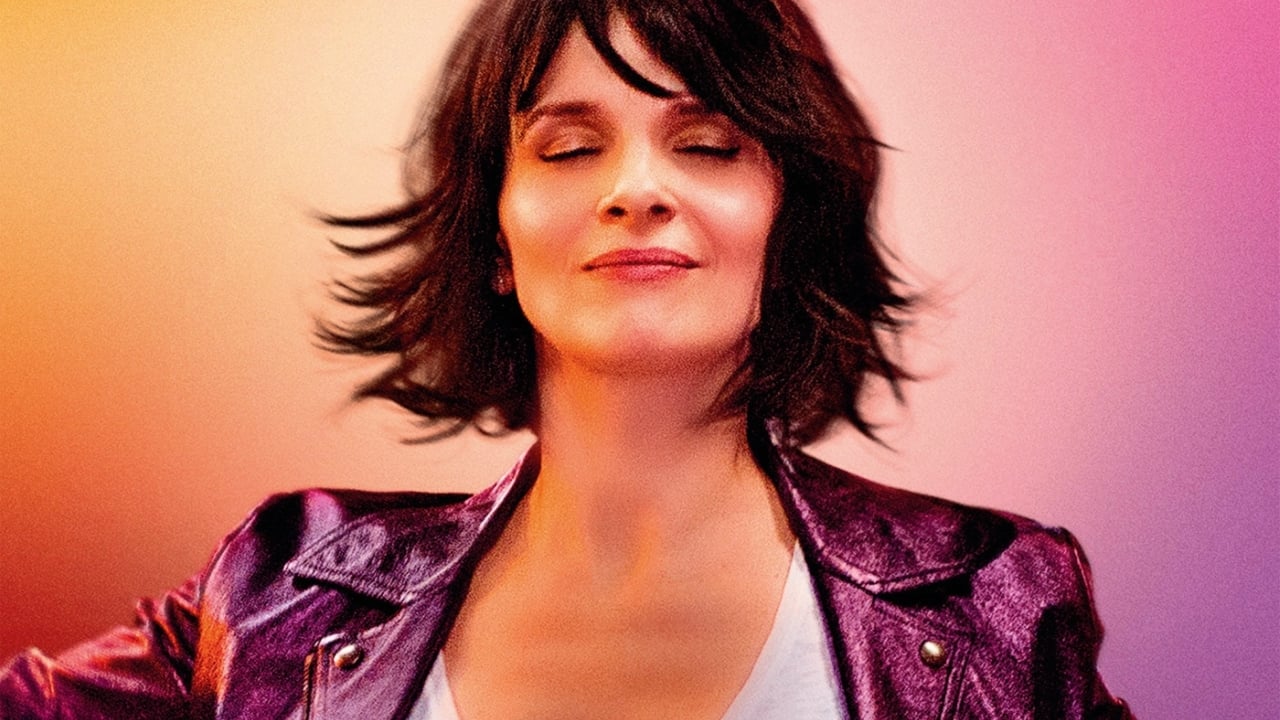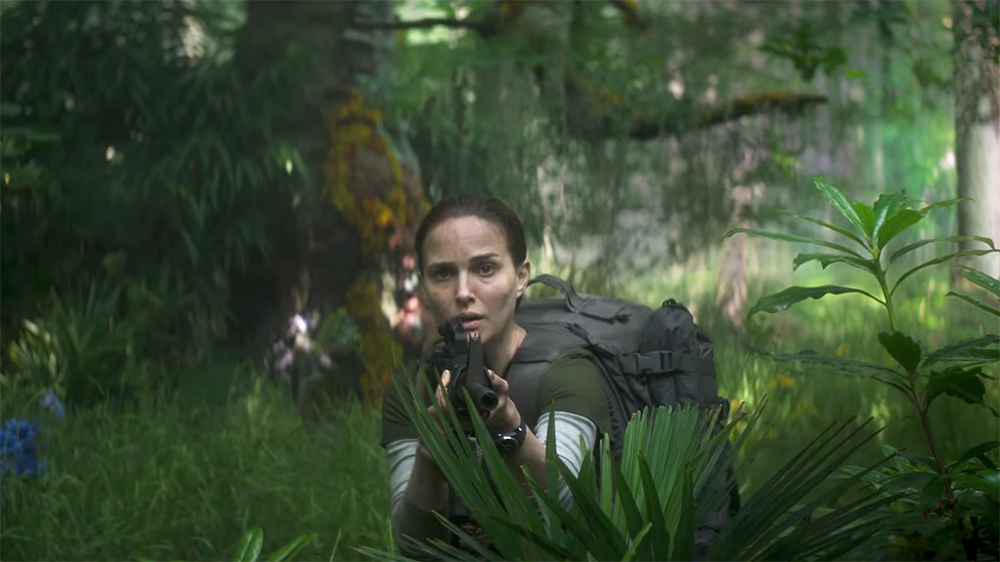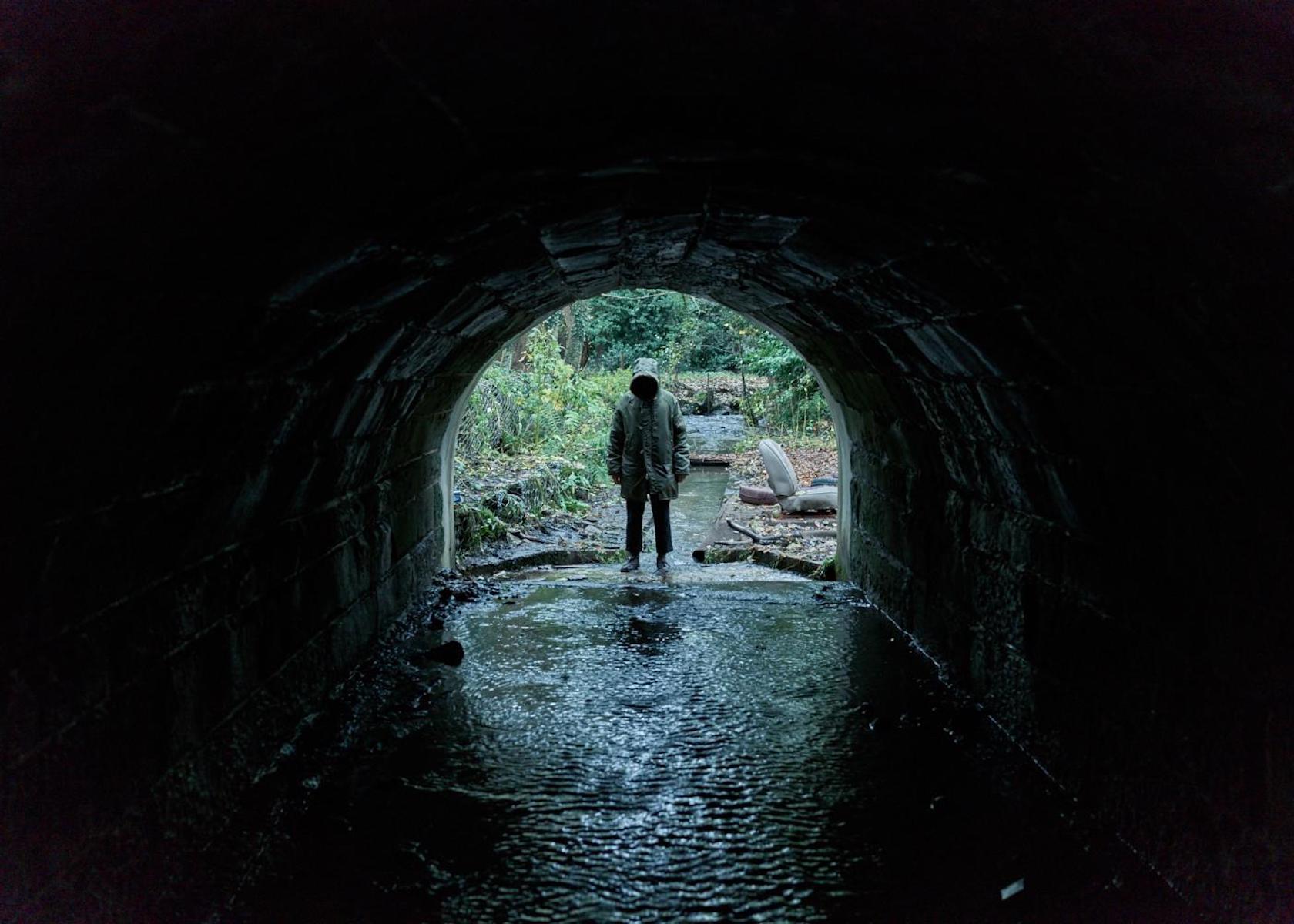Let the Sunshine In
by Hope MaddenClaire Denis + Juliet Binoche = yes, please.
For her latest, Let the Sunshine In, the unerringly insightful French filmmaker takes on middle aged dating, following behind an exasperated Isabelle (Binoche) as she rotates through a series of relationships in Paris.
Isabelle is an artist, though her work—and her 10-year-old daughter, for that matter—are trivialities here. The point is the journey toward that last, real companion for the rest of the journey.
Could it be the boorish, married banker (Xavier Beauvois, flawlessly intolerable)? The boozy but oh-so-dreamy stage actor (Nicolas Duvauchelle)? Sensitive artist (Denis regular Alex Descas)? Brooding guy with the smooth dance moves (Paul Blain)? Ex-husband (Laurent Grevill)?
Whew! Who needs a rest?
Don’t look for any additional plot here. Denis’s focus, through a circuitous story of relationships crumbling, rekindling and sparking for the first time, simply illuminates the passionate daily trivialities of mid-life dating. She strips away nearly everything besides the ups and downs of Isabelle’s romantic life, sometimes skipping weeks at a time to pinpoint not the relationship itself, but each beginning and end.
And, of course, that intoxicating moment of promise —of love? Sex? Rejection? Few filmmakers capture that one moment, breathless and nervous, as authentically as Denis does.
It’s dizzying. No wonder Isabelle’s always so tired.
Binoche’s generous performance as the self-sabotaging Isabelle embraces the insecurities, optimism and neediness that color the character’s quest. Though never laugh-out-loud funny, the film is a comedy of sorts. There is something absurd about the assault of highs and lows, the desperate lurches toward love and the inevitably disappointing consequences.
And then a big cry and she’s off again.
Though Isabelle is a frustrating, often unlikeable character, the film never judges her. It’s too late to settle, which is a dangerous, selfish, vulnerable decision to make.
Good for her.









